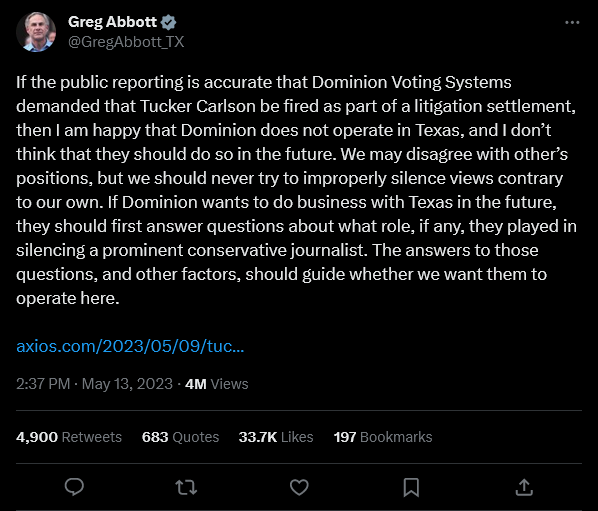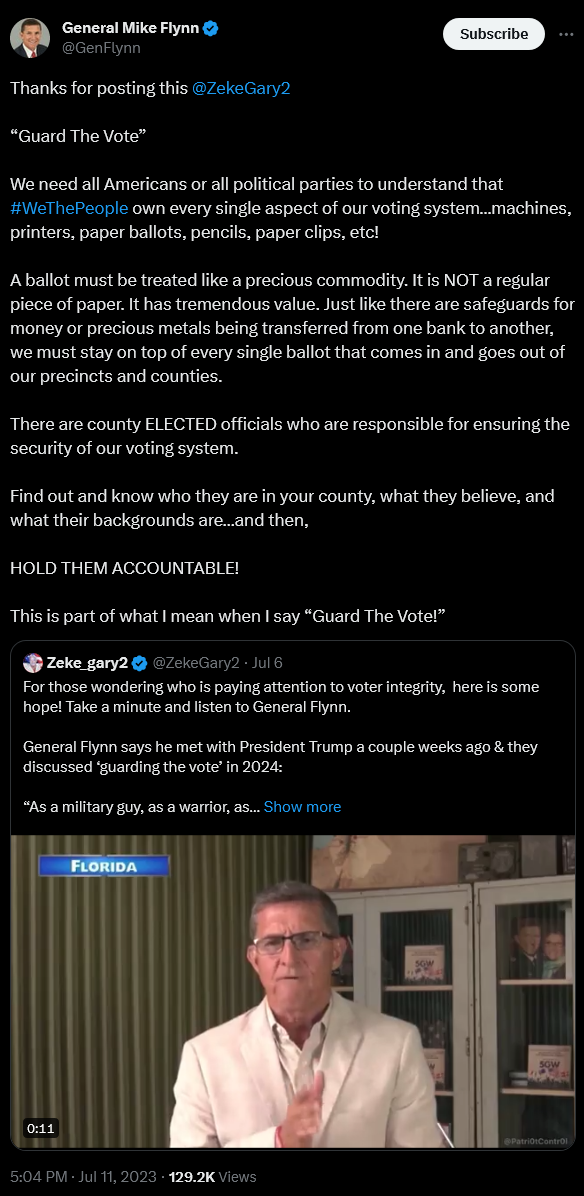Election Reform
Florida NAACP v. Cord Byrd et al. Preliminary Injunction Ruling
07/03/2023
In this case, the court discusses the issues related to a challenged provision in Florida law regarding voter registration. The court highlights the ambiguity and vagueness of the statute, particularly in terms of whom it applies to and what actions are prohibited. The court notes that the statute does not clearly define the scope of its prohibitions and lacks a discernible standard, leading to potential arbitrary enforcement. The court emphasizes that individuals and organizations involved in voter registration face the risk of arrest and felony prosecution due to the unclear requirements of the statute.
The court concludes that the Florida NAACP Plaintiffs and the Hispanic Federation Plaintiffs have demonstrated a substantial likelihood of success in their constitutional claims related to equal protection and vagueness. Therefore, the court grants a preliminary injunction, ordering the Defendants, including the Secretary of State and the Attorney General, not to enforce the specified sections of the Florida Statutes until further notice. The injunction applies to the Defendants and their officers, agents, employees, and attorneys, as well as others who receive actual notice of the injunction.
The court also discusses the factors for granting a preliminary injunction, including irreparable injury to the Plaintiffs, the balance of harms, and the public interest. It determines that the Plaintiffs would suffer irreparable harm without the injunction, that the harm to the Plaintiffs outweighs the harm to the Defendants, and that the injunction is not adverse to the public interest.
The court waives the requirement for a bond to be posted by the Plaintiffs and refuses to stay the injunction pending appeal. The court emphasizes the importance of voter registration and the need for clear and fair laws to ensure democratic participation.
HAVV Data Harvesting for “Voter Verification” in the United States
This website provides an overview of the Help America Vote Verification (HAVV) system, a “vital component” in the verification process for newly registered voters participating in Federal elections. It outlines the objectives of the Help America Vote Act (HAVA) and elucidates the role of HAVV in validating voter information, with a specific focus on the last four digits of the Social Security Number (SSN). Additionally, the description highlights the adoption of the 4-digit HAVV system by states and offers a clear explanation of the key terms employed in the HAVV dataset, thereby clarifying the various types of verification requests and outcomes represented in the data.
Greg Abbott Questions Dominion Voting Systems’ Actions and Future in Texas
Texas Governor Greg Abbott expresses concern over Dominion Voting Systems in response to reports suggesting the company demanded Tucker Carlson’s firing as part of a settlement. Abbott emphasizes the importance of not silencing opposing views and states that if Dominion wishes to do business in Texas, they must address their role, if any, in suppressing a conservative journalist. The governor believes that the answers to these questions, along with other considerations, should determine whether Dominion should be allowed to operate in the state.

General Mike Flynn Urges Americans to Protect the Integrity of the Voting System

Shasta County Board of Supervisors Votes to Terminate Contract with Dominion Voting Systems, Prioritizing Voter Trust
The Shasta County Board of Supervisors has voted 3-2 to terminate the contract with Dominion Voting Systems after the upcoming special election in the city of Shasta Lake. The decision was based on the importance of voter trust, with the majority emphasizing that it is invaluable. The termination will lead to the implementation of a new electronic voting system, which is estimated to cost at least $1 million for procurement and training. The process of finding a new vendor will be governed by the Shasta County Code and involve the discretion of the Board of Supervisors and the County Clerk/Registrar of Voters, as well as competitive procurement processes. While the RFQ/RFP process for a new system can be lengthy, the limited choice of state-approved vendors in California, including Hart InterCivic and Election Systems and Software (ES&S), may expedite the process.
